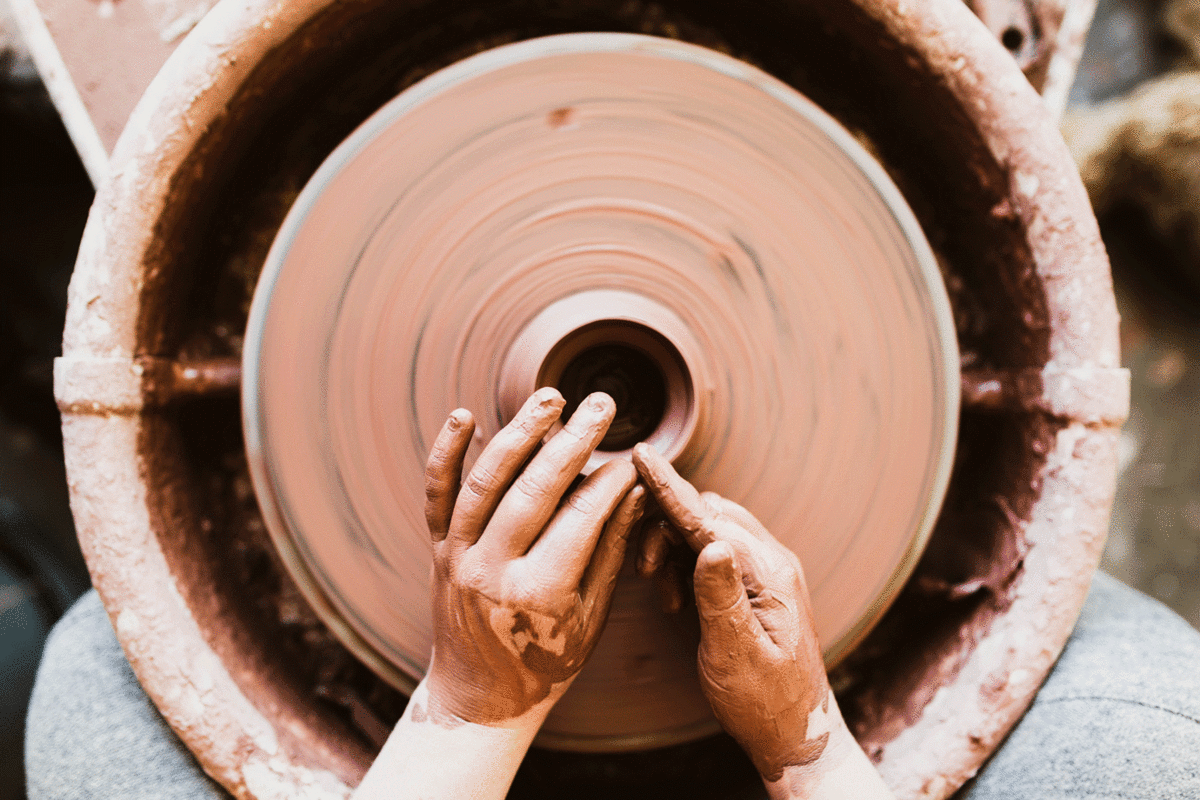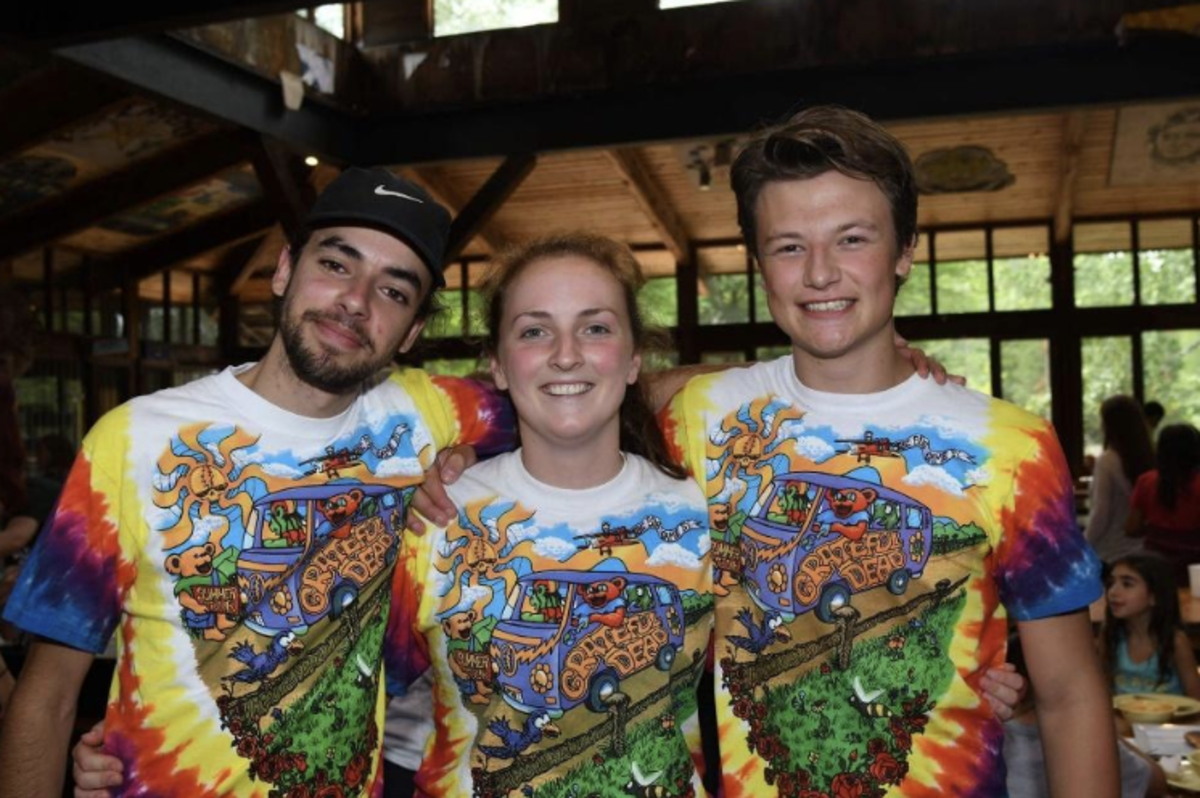If you’re someone who loves getting creative and coming up with cool designs, being a ceramics and pottery instructor at camp is the role for you.
Making this activity fun for campers is the main goal, so even if you don’t have any experience with ceramics and pottery, you can always transfer your skills from other areas of art to teach your passion at camp.



